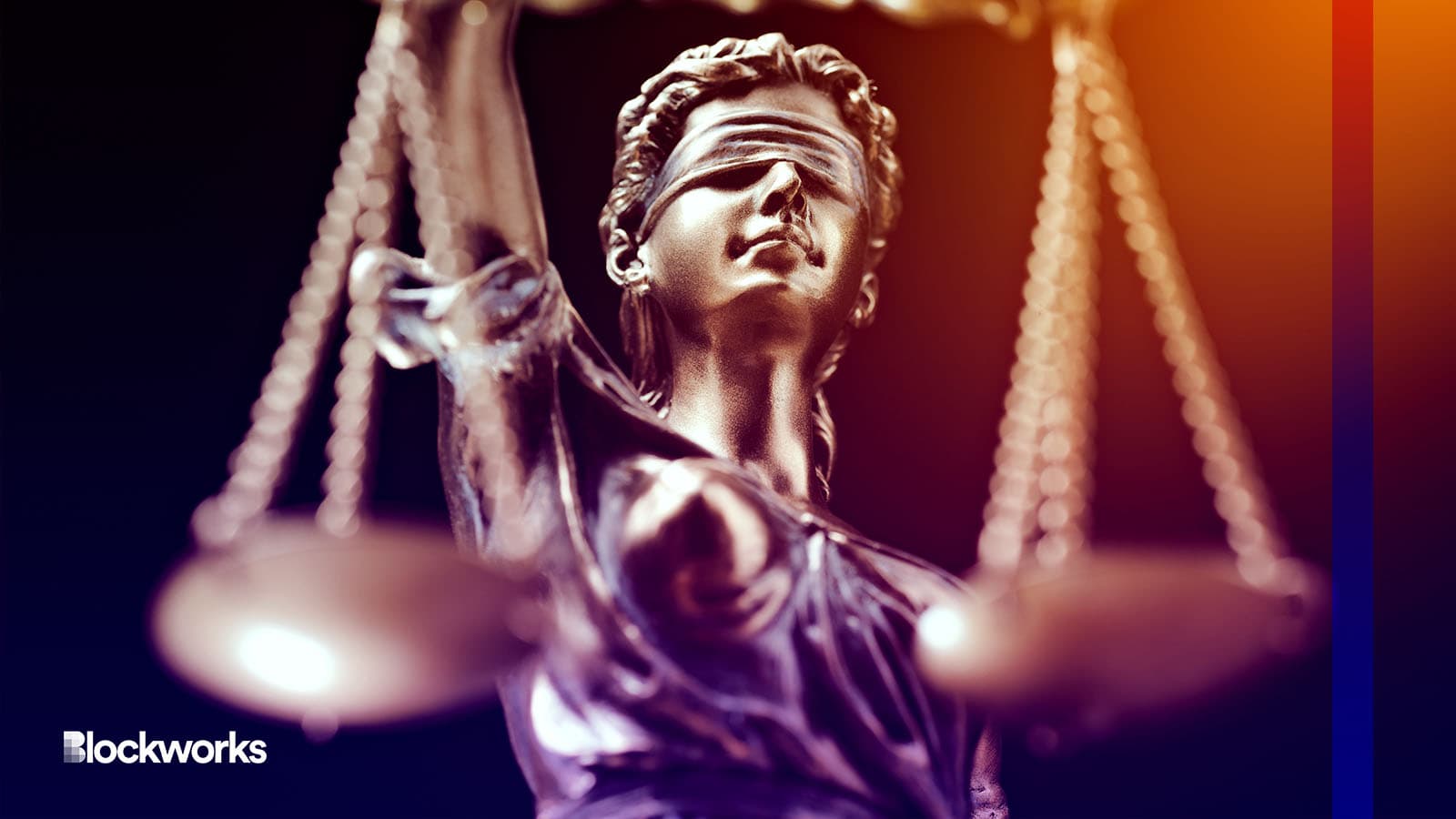SCOTUS Considers Status of Legal Advice Given to Bitcoiner
A debate around attorney-client privilege that has reached the US Supreme Court could have far-reaching consequences

Alexander Supertramp/shutterstock.com modified by Blockworks
The US Supreme Court grappled with questions around attorney-client privilege in the case “In re Grand Jury” put before the judges on Monday.
The case involves the criminal investigation of an “early promoter of Bitcoin, expatriated from the United States in early 2014,” court papers said.
A law firm was hired to prepare the individual’s tax returns and provide legal advice around the ownership of cryptocurrencies.
Neither the identity of the bitcoiner, nor the firm representing them, has been made public.
The firm handed over 20,000 pages of documents to a grand jury investigation but refused to turn over records of certain communications, claiming “attorney-client privilege.”
Non-legal advice is not privileged, but the firm considered the records to include legal advice in addition to business advice — so-called “dual-purpose” communications.
Last year, the 9th Circuit Court of Appeals in San Francisco ruled that a more strict “primary purpose” standard should apply. The firm appealed this decision, asking to withhold documents where legal advice was “significant” — effectively seeking to expand the scope of protected communications.
In response, Justice Elena Kagan told the law firm that there should be stricter standards around the “primary purpose test,” which is used to determine the main purpose of communication between a lawyer and the client.
“We’ve had the attorney-client privilege for a long time, and until 2014, nobody ever suggested that the test that you’re proposing is the right one,” Justice Kagan said.
“This is a big ask, and it’s an ask that’s not particularly consistent with the underlying nature of what the attorney-client privilege is supposed to be protecting,” the justice added.
The law firm’s petitioner, Daniel B. Levin, in response, told Kagan that stricter standards will make it difficult for lawyers to guarantee that client consultations were confidential, and that breaking down communication would be “inherently impossible.”
“It creates the kind of uncertainty this Court warned against in Upjohn,” he said, referring to the 1981 case Upjohn Co. v. United States.
To this, Justice Sonia Sotomayor argued, “I don’t know why lawyer advice that’s predominantly business should be protected simply because you sneak in some minor legal consideration.”
The case is being closely watched by legal and business professionals, including the American Bar Association and the Chamber of Commerce, who are among the parties that filed amicus briefs in support of the law firm.
Get the news in your inbox. Explore Blockworks newsletters:
- The Breakdown: Decoding crypto and the markets. Daily.
- 0xResearch: Alpha in your inbox. Think like an analyst.






